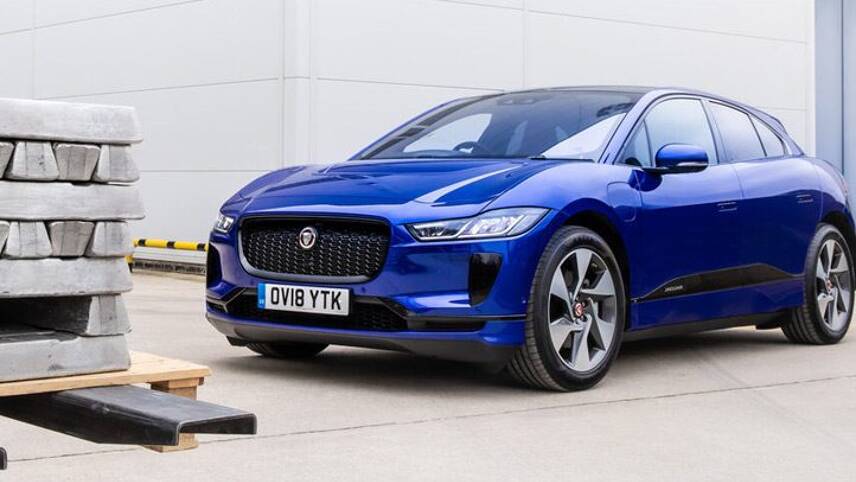Register for free and continue reading
Join our growing army of changemakers and get unlimited access to our premium content

JLR uses 180
JLR’s REALITY project aims to recover aluminium from existing JLR vehicles and reform it so the material can be used to help create new vehicles.
As part of the next phase of this closed-loop programme, JLR is using pre-production Jaguar I-PACE electric vehicle (EV) prototypes. The batteries from these vehicles are moved and enter a second-life process also being developed by JLR, while the scrap from the vehicles is sorted and separated, with the aluminium melted and reformed.
“More than a million cars are crushed every year in the UK and this pioneering project affords us a real opportunity to give some of them a second life,” JLR’s REALITY lead project manager Gaelle Guillaume said.
“Aluminium is a valuable material and a key component in our manufacturing process and as such we’re committed to ensuring our use of it is as responsible as possible.”
The REALITY programme builds on JLR’s REALCAR project to enable the collection and recycling of tens of thousands of tonnes of aluminium generated in JLR manufacturing processes. The REALCAR (REcycled ALuminium CAR) project, launched by JLR in 2008 and funded by Innovate UK, sought to create a closed-loop value chain to recycle vehicles at the end of their lifecycles. The original project enabled JLR to reclaim more than 75,000 tonnes of aluminium for reuse.
JLR uses 180,000 tonnes of aluminium annually; globally, around 80 million tonnes are produced each year. Between September 2013 and January 2019, JLR has reused around 300,000 tonnes of scrap back into vehicles. The recycled aluminium is being tested and examined by scientists from Brunel University.
According to the carmaker, REALITY is expected to reduce the carbon impact of vehicle production while reducing the amount of virgin aluminium required to produce new vehicles. JLR has already reduced its manufacturing carbon footprint by 46% per vehicle.
Brexit issues
The update was announced as JLR prepares for a production shut down in the UK, due to uncertainties around Brexit.
The shutdown is believed to have impacted thousands of staff members at sites in Castle Bromwich, Solihull and Wolverhampton in the West Midlands, and Halewood on Merseyside.
JLR’s chief executive Dr Ralf Speth last year issued a stark warning that a hard Brexit could cost his firm more than £1.2bn a year and “destroy” investment in EV production.
JLR, which sells 45% of its UK production in Europe, has cited Brexit as part of a decision to reduce production output for its Discovery Sport and Range Rover Evoque models, which are produced at JLR’s Halewood plant in Merseyside.
With the ongoing Brexit negotiations continuing to cause confusion and uncertainty, edie has pieced together a new ‘Matrix’ which clearly explains the impacts that the UK’s various exit scenarios would have on environmental policy.
— VIEW THE GREEN BREXIT MATRIX HERE —
Matt Mace


Please login or Register to leave a comment.